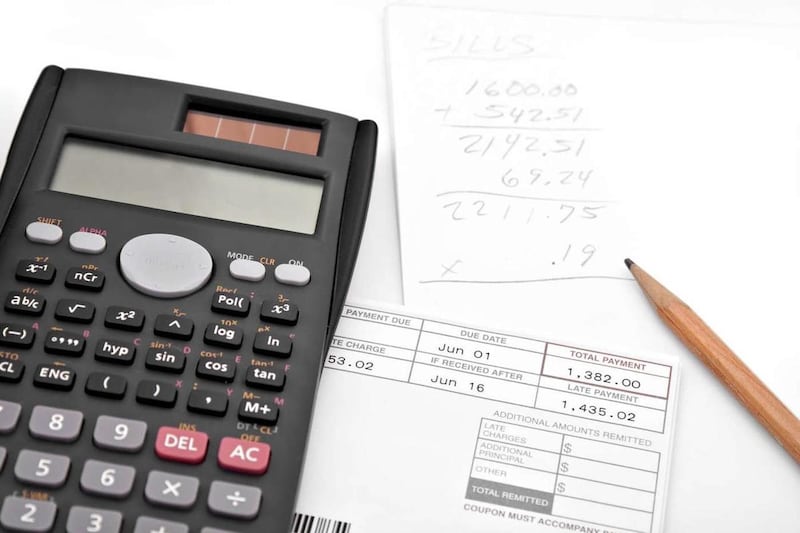People often start living on a budget without the proper planning, which inevitably keeps them from sticking to it, according to Mindy Crary, financial coach at Creative Money, and contributor to Forbes.
Slowly develop spending habits
People on a budget may feel successful if they quickly cut back on expenses, but such rapid changes don’t develop a habit of discipline, which could lead to spending binges in the future.
Expense lists aren’t budgets
Often, budgeters will make a list of expenses to track but they inevitably forget something. A list won’t help you track unforeseen expenses before they happen.
Budget by item, not by time
Just listing monthly expenses doesn’t keep track of less regular spending, such as vacations, car repairs or other larger expenses. Not factoring these into your budget could lead to credit card debt.
Budgets take preparation
Starting a budget cold turkey can lead to a lot of inaccuracy and frustration. A proper budget takes months to implement.
What makes a budget work?
Budgets are not just meant to track balances, but should help you find meaning in your spending habits. Make note of what spending habits make you feel good, and which ones don’t. There should be a mixture of flexibility and self-control, Crary writes.
EMAIL: sparker@desnews.com
TWITTER: @SeanRParker

